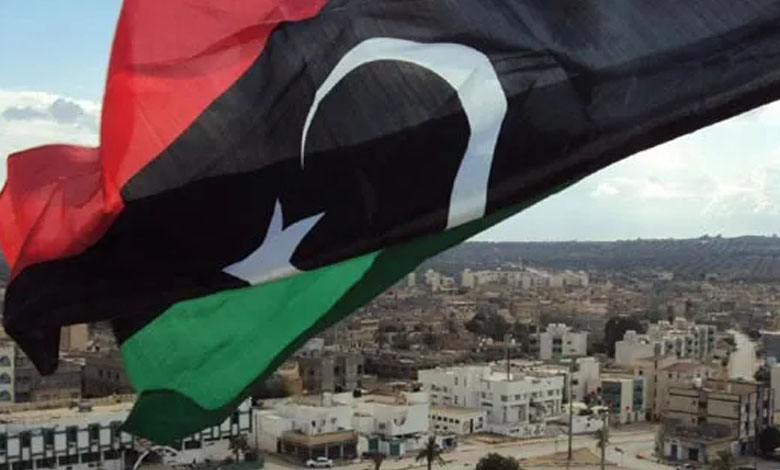Will the 6+6 Committee succeed in drawing a political map of Libya? Details

The House of Representatives and the State Committee of 6+6, which is working to draft electoral laws, are hoping to achieve the desired stability through presidential and parliamentary elections that will end the division that Libya has been living through for more than 12 years. Libya’s Joint Committee of 6+6 approved the laws of the presidential elections and the National Assembly during meetings hosted by the city of Bouznika, Morocco.
Committee Formation
A committee of six plus six members of the Libyan House of Representatives and the Libyan State Council was formed at the end of March to draft laws and legislation for the elections to be held before the end of this year, in accordance with the thirteenth constitutional amendment approved by the House of Representatives and the State. The constitutional amendment provides for “the formation of a joint committee by the two Houses, six members of each House, to be agreed upon by a two-thirds majority of the members of each House, in order to prepare draft laws for the referendum and elections.
Great opportunity
Dr. Mohammed Zubeidi, a Libyan political analyst, says that after the 6+6 Committee’s agreement, the House of Representatives and the State Council have an opportunity to create a real consensus on the road map between the two Houses, limiting foreign interference, strengthening the extension of state sovereignty and reducing foreign influence to some extent. He clarified that the Parliament and the State Council have an opportunity to create a real consensus to reunite the country and exit the transitional stages, but we fear that the High National Elections Commission will become a tool for conflict management and political competition, as happened on December 24, 2021.
He stressed that the consensus on the road map and holding elections on time enjoys popular societal support that goes beyond the political actors, according to Article 30 of the amended Constitutional Declaration (13): Elections are held eight months after the election laws come into effect, and since we are in the month of June, it means that there will be no elections in 2023.
Highlights of the amendments
Among the most prominent amendments agreed upon in the electoral law relating to the presidency is the holding of a runoff round between the first two centers of candidates, even if the candidate obtains 50+1, he runs a run-off with the next candidate, and with regard to the elections for the parliament and the National Assembly, he will not be allowed to run for dual nationality, and he is required to submit a declaration that he does not hold any other nationality.












